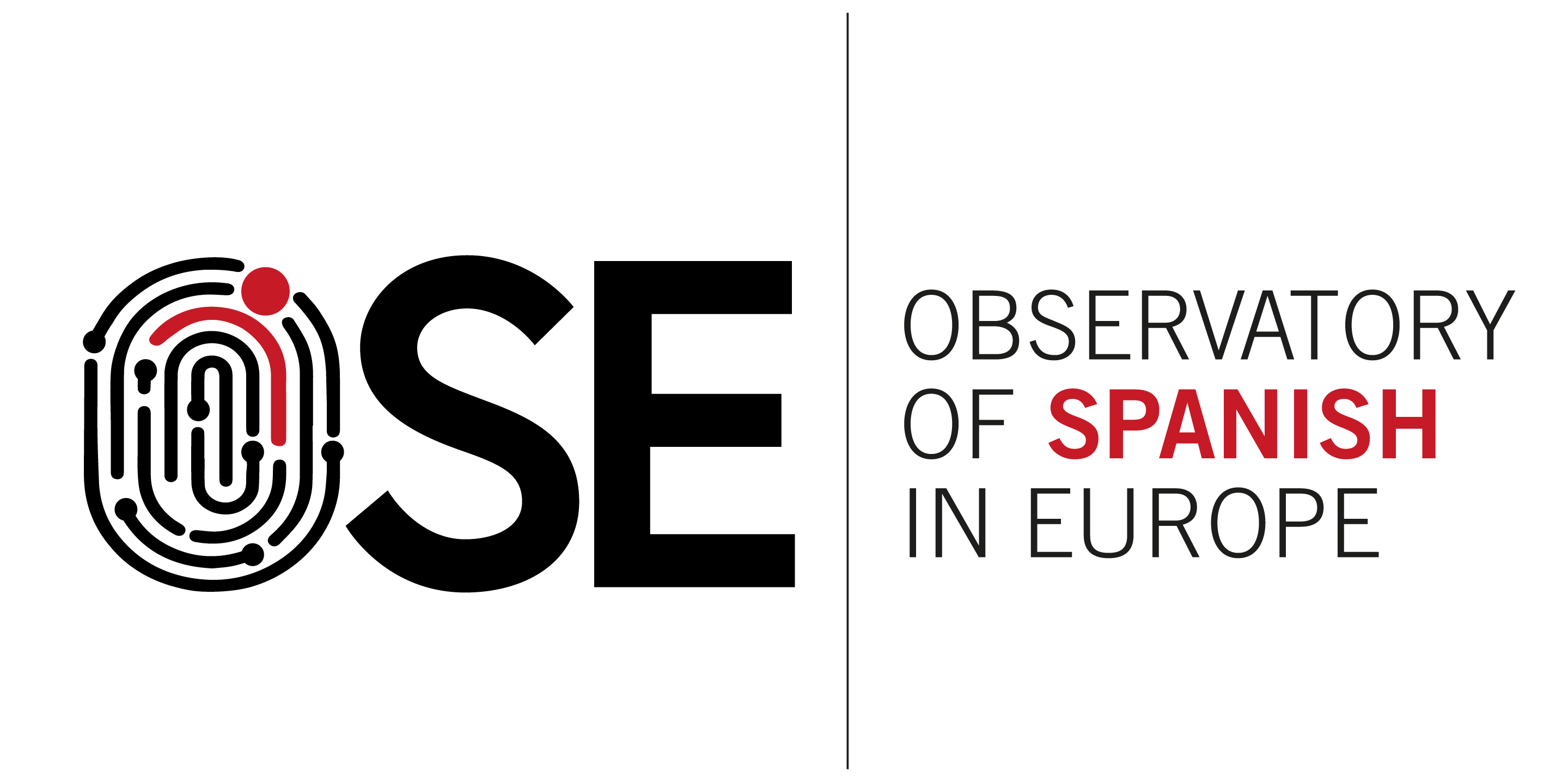Observatory of Spanish in Europe
The Observatory of Spanish in Europe –OSE– is an interdisciplinary academic institution at Heidelberg Center for Ibero-American Studies (HCIAS), Heidelberg University for the study of the social, cultural, and linguistic dynamics of Spanish-speaking communities in Europe. By bringing together Linguistics, Human Geography, and Sociology, it aims to provide information, monitoring, and empirical analysis that address central issues and emerging trends of the Spanish language and its speakers in Europe.

Why. Europe as a new destination
New mobility patterns in the last 20 years have made Europe the leading destination for Spanish-speaking migration beyond the Americas. Migration flows between Latin America and Spain and European countries have created transnational migratory communities that contribute not only to shape the new European societies and connect Europe with the Spanish-speaking world, but also to re-signifying their cultural, social and economic relations.
What. Mobility, intergenerational and communication dynamics
The Observatory of Spanish in Europe is a research unit for innovative and evidence-based analysis of the outcomes of migration-induced contact between the Ibero-American migration, the European societies, and the Spanish-speaking world against the backdrop of digitalization and new communication technologies. The research program is focused on
-
- mobility and the construction of Spanish-speaking transnational communities;
- education and the dynamics of intergenerational transmission and maintenance of Spanish;
- communication and the spaces for the reception and circulation of culture and knowledge created by the Spanish-speaking communities and their transcultural linkages.
Information and language technologies are a transversal topic of the research program as digitalization is transforming mobility patterns, educational spaces, and the interaction of communities and cultures on the move. So the research interest of the Observatory orients towards exploring how the new digital and technological environments determine the social dynamics of Spanish, the Hispanic cultures and communities, and how they contribute to create these spaces.


How. Monitoring and research of the Spanish-speaking communities
The activities of the Observatory will be organized around a) monitoring instruments and b) specific research lines.
a) Monitoring instruments. The Observatory develops various monitoring instruments that will be freely accessible as periodically updated interactive databases. These databases include sociodemographic information and geodata on the Spanish-speaking populations in Europe, including migrants from Ibero-American countries, their second generations, as well as Europeans who have become Spanish-speakers in migratory contexts.
b) Research lines. The research activities of the Observatory are centered on three research lines, which reflect its areas of interest mobility, education, and communication. The projects carried out in the research lines use the data generated by the monitoring instruments.
With whom. International network
As part of the international network of the Global Observatory of Spanish, the Observatory is aligned with other observatories of Spanish in the world such as the Harvard Observaroty of the Spanish Language (USA), Observatorio Global del Español (Spain), and Observatorio Nebrija del Español (Spain), as well as with Instituto Cervantes centers located in Tokyo and New Dehli.
The OSE is an academic structure at Heidelberg Center for Ibero-American Studies (HCIAS). Within Heidelberg University, it brings together researchers from different disciplines working on the central topics of the research program. Moreover, the Observatory builds on existing networks such as the project Spanish in Europe, from which new international research projects will be developed.


For whom. Societal impact
The knowledge produced by the Observatory aims at different actors and stakeholders from academia and the whole society. In addition to the scientific value of the databases for further use by the academic community, the research outcomes of the Observatory have a high value in terms of knowledge transfer to European societies and the Spanish-speaking communities. To this purpose, the scientific activities create a basis for the development of strategies for the planning of language, cultural, and educational policies.
The strategies for dissemination of results and knowledge transfer include:
-
- a platform with databases and indicators that can be freely downloaded and explored;
- a repository of publications containing the results of the projects and regular policy briefs with data-based recommendations for policy advocacy regarding language, education, culture, and cooperation.
